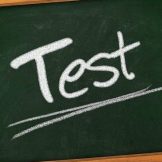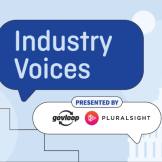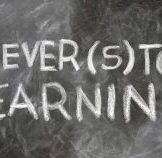4 Ways Agencies Can Use AI to Improve Workforce Training and Identify Skills Gaps
By analyzing individual skill levels and learning behaviors, AI can dynamically tailor educational content, pacing, and support in real time. The result is a deeply personalized learning journey that goes beyond what traditional classrooms or even what one-on-one instruction can offer.










